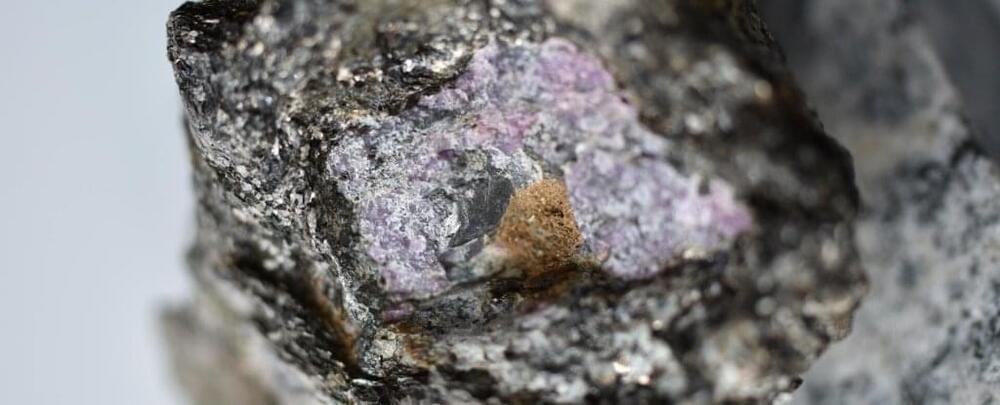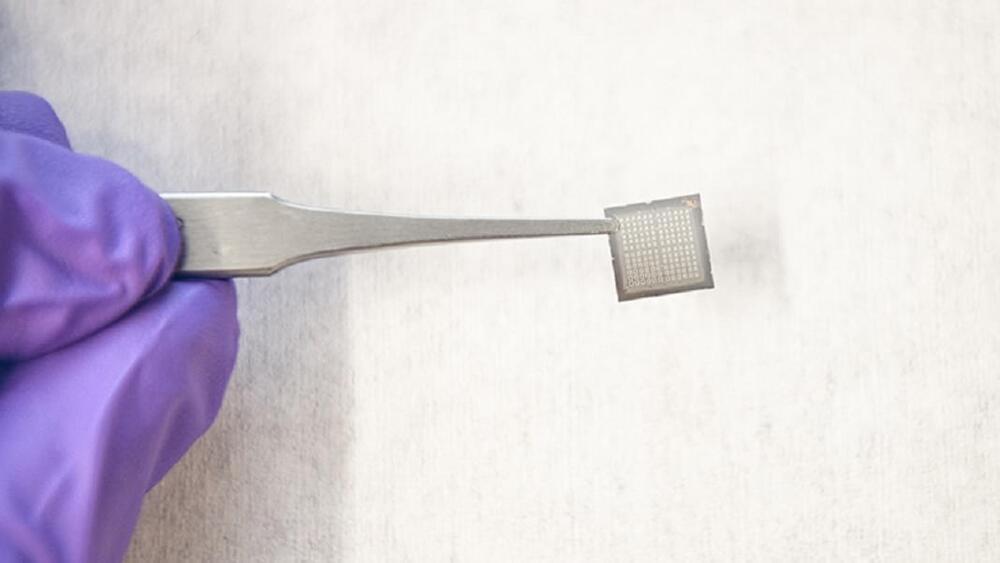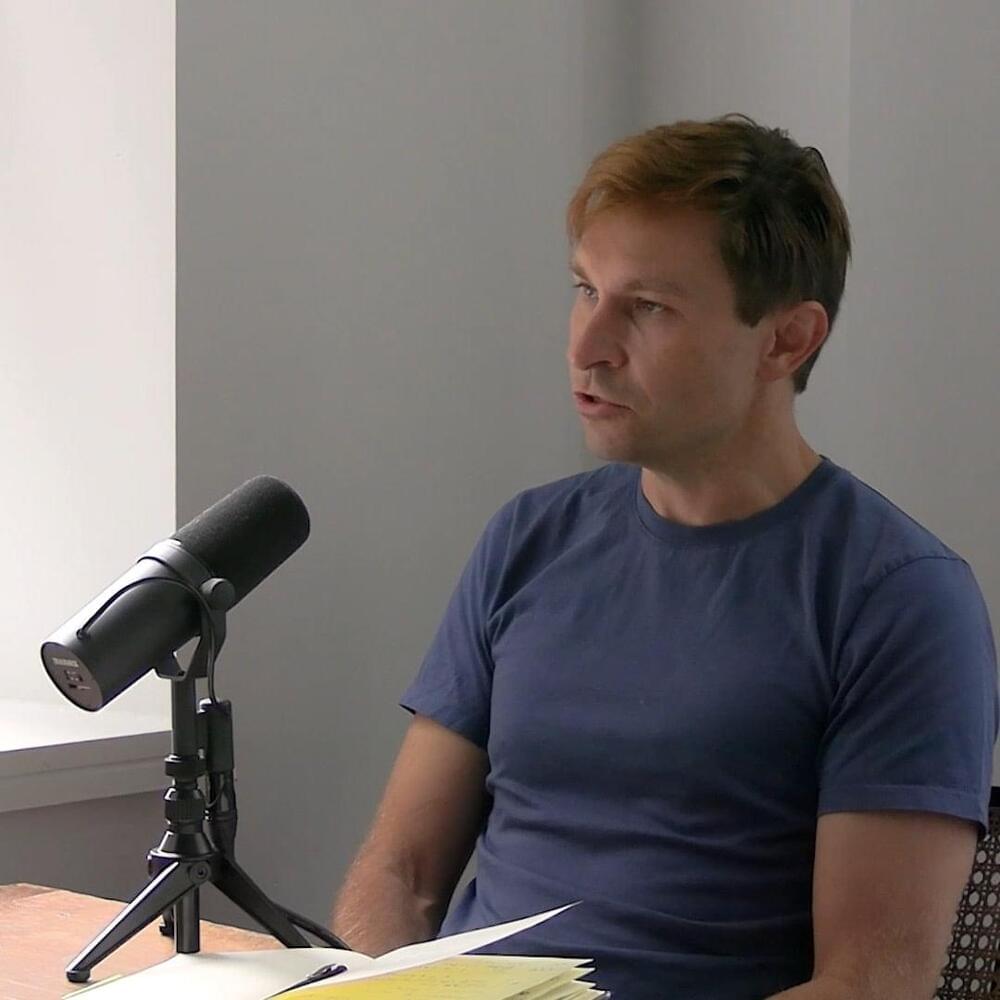In this episode of UpOnly, the creator of Ethereum Vitalik Buterin talks origin stories, his motivation, the future of Ethereum, and even biological sciences.
Presented by FTX: https://uponyl.tv/ftx.
Full show notes: https://uponly.tv/vitalik-buterin-on-ethereum-and-immortality/
Timestamps.
0:00 — Intro.
1:30 — What does Vitalik do outside of crypto? / The Invention of Language.
5:50 — What did Vitalik imagine himself doing before crypto?
8:57 — OG Canadian Crypto Scene / What do you wish you had done differently?
13:30 — Future Plans Outside of Ethereum.
15:30 — Family and Crypto.
16:50 — Ethereum Alternatives.
20:35 — Proof of Stake / NFTs.
28:15 — Where The Future is Going / Crypto Beyond Financialization.
32:25 — Ethereum Sharding / zk-STARK / MEV
36:10 — User Experience Hurdles / Multisig / Reducing Risk.
41:37 — Who is Satoshi Nakamoto?
43:35 — Donating SHIBA to Charity.
46:25 — Best Vitalik Memes.
50:06 — Multi-Chain Future vs. a Cross-Chain Future / Layer 2 / Systemic Risk.
58:30 — Layer 2 Decentralization.
1:00:05 — Implications of zkEVM
1:04:03 — Archivability of Blockchains.
1:07:14 — Security and Risks / Simplicity of Code / Web Standards.
1:12:25 — Privacy.
1:14:42 — Anti-Aging / Immortality / Adopting New Technology.
1:29:17 — Multi-planetary World / Antarctica / Cultural Shifts.
1:35:40 — Important Social Trends.
1:38:30 — Alpha



